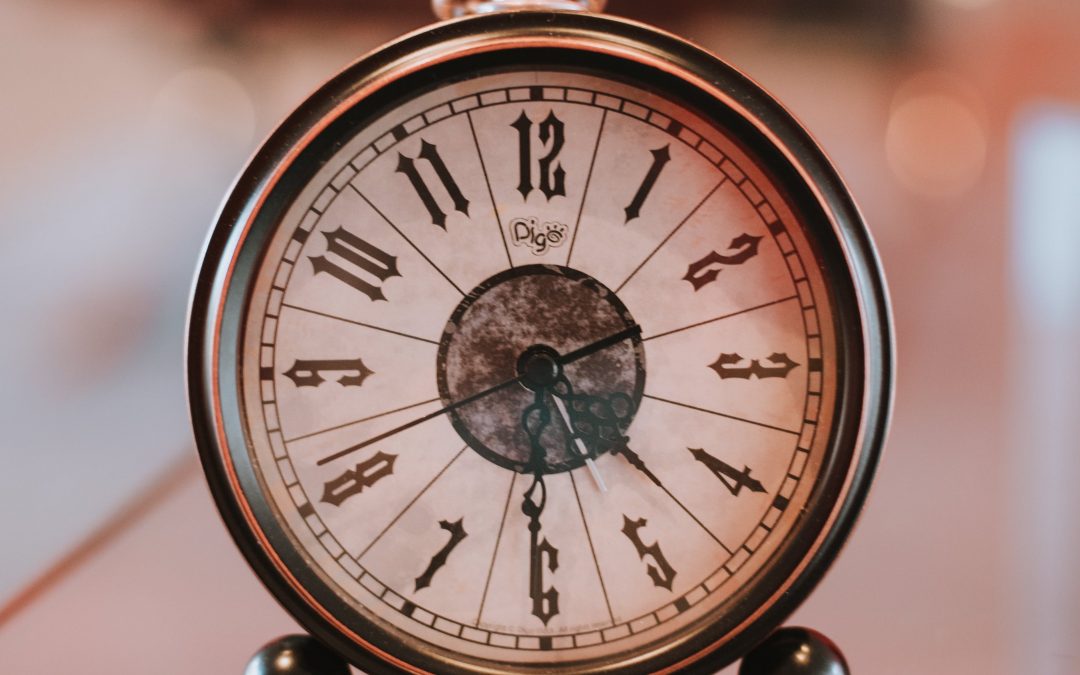Written by Kara Downing, CFP®
Prior to March 2020, we hadn’t yet learned what “social distancing” meant or the importance of “flattening the curve.” Now that almost two years have passed, there are several non-virus related takeaways I’ve learned from my experience.
1. Prioritize what matters
When we experience difficult challenges, it often leads us to think more introspectively about our core beliefs—whether it’s our personal relationships or health, the work we do, or how we spend our free time. I am learning to say no to those things that don’t work for me and prioritize my physical and mental health over feeling pressured to say yes to everything. If there’s anything this experience has taught me, good health is more important than a list of to-do’s to cross off my list. When everything is uncertain, everything that is important becomes more clear.
2. Clear the clutter
With the extra time spent at home, it gave me an opportunity to reevaluate the usefulness of the “stuff” I’ve accumulated over the years that largely sat unused. Perhaps I don’t need five spatulas, two coffee makers, and all those random serving dishes for entertaining. And I certainly don’t need a closet full of clothes I haven’t worn in years, even before the world came to a standstill. After cleaning out every closet and cupboard, I’m more aware of what I have and am more purposeful about what I buy in the future. It’s a work in progress, but I’m learning to do more with less and that sometimes enough is enough.
3. Have a plan, but don’t be afraid to adapt to new information
COVID-19, perhaps more than any other disaster, demonstrated the importance of proactive planning. It easy to let the daily headlines consume us, but sticking to a well-devised plan allows us to keep a bigger picture and avoid making short term decisions with long term consequences. I have always stressed this with my clients when it comes to their financial lives even during better times. Creating a plan with clearly defined goals affords us the opportunity to make choices and decisions based on information available at the time, rather than leaving things up to chance, or worse yet, letting others make decisions for you. As the old saying goes, “failing to plan is akin to planning to fail.”
4. Give back
With so many struggling, it’s important for those of us with the means to do so to give back. As we are more divided physically and politically, there is nothing more uplifting than a community coming together to help out their fellow citizens. I’ve grown quite fond of my local Buy Nothing social group, a platform where people give, lend, and share amongst neighbors. Not only does it help me clear my clutter, it helps out my neighbors, too. And I’ve found that it’s much easier to let go of my stuff when I know it’s going to a good home rather than a landfill.
5. Enjoy the stillness
Like most people prior to the pandemic, I was always on the go, multitasking, and taking on a full plate. I rushed to and from the events that showed up on my calendar, failing to enjoy the present and feeling guilty for any gaps in my schedule. I was always thinking about the next place I needed to be or the next item I needed to cross off my list. Being busy became a badge of honor and sign of success. I’ve since learned that it’s ok to sit and just “be.” To enjoy a book or watch a show that had been on my watchlist for months. Or finish a project that’s been on the back burner for longer than I care to admit. The stillness was also the perfect time to reflect on the past and plan for the future.
While no one would be disappointed if we waved our magic wand and erased this whole pandemic experience, it’s been the focus of our lives for almost two years. We have much to learn from it — and even more to gain.

